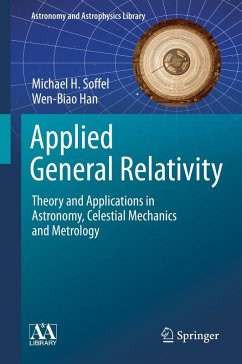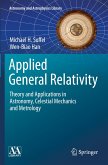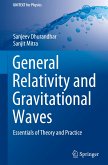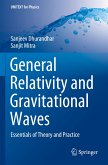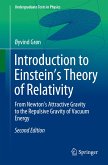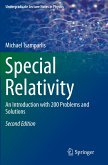In the late 20th and beginning 21st century high-precision astronomy, positioning and metrology strongly rely on general relativity. Supported by exercises and solutions this book offers graduate students and researchers entering those fields a self-contained and exhaustive but accessible treatment of applied general relativity. The book is written in a homogenous (graduate level textbook) style allowing the reader to understand the arguments step by step. It first introduces the mathematical and theoretical foundations of gravity theory and then concentrates on its general relativistic applications: clock rates, clock sychronization, establishment of time scales, astronomical references frames, relativistic astrometry, celestial mechanics and metrology. The authors present up-to-date relativistic models for applied techniques such as Satellite LASER Ranging (SLR), Lunar LASER Ranging (LLR), Globale Navigation Satellite Systems (GNSS), Very Large BaselineInterferometry (VLBI), radar measurements, gyroscopes and pulsar timing. A list of acronyms helps the reader keep an overview and a mathematical appendix provides required functions and terms.

